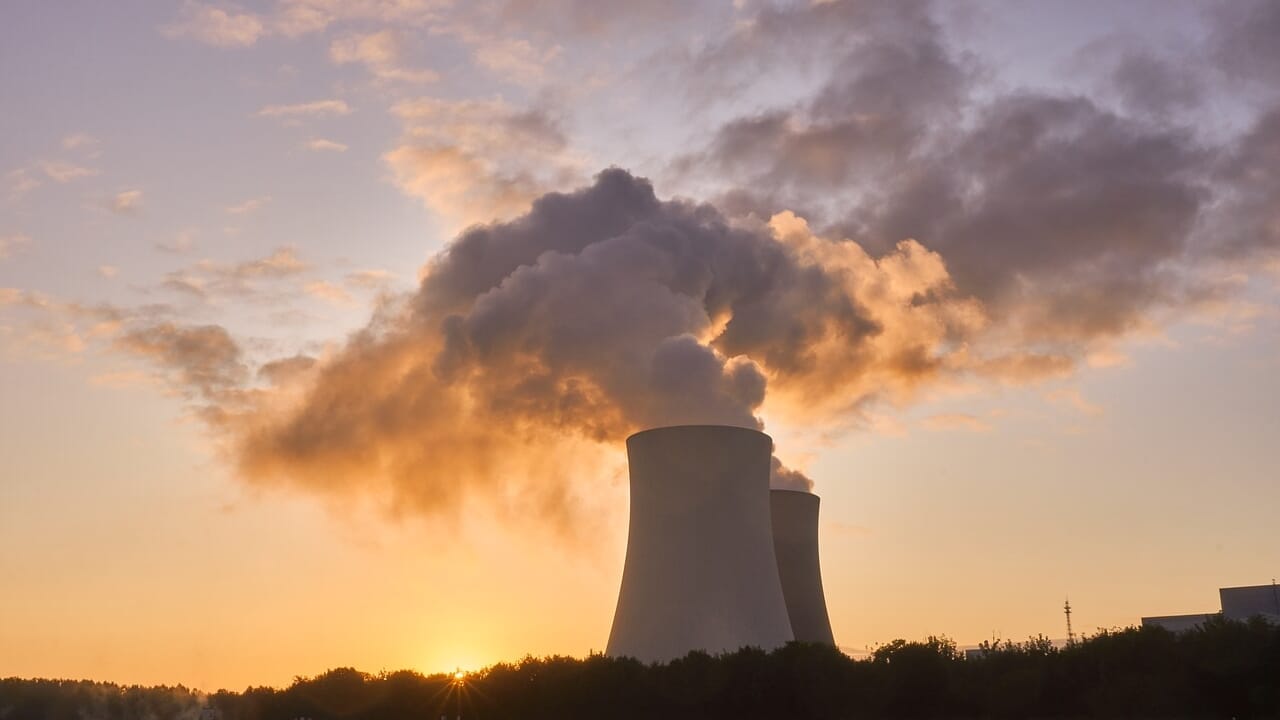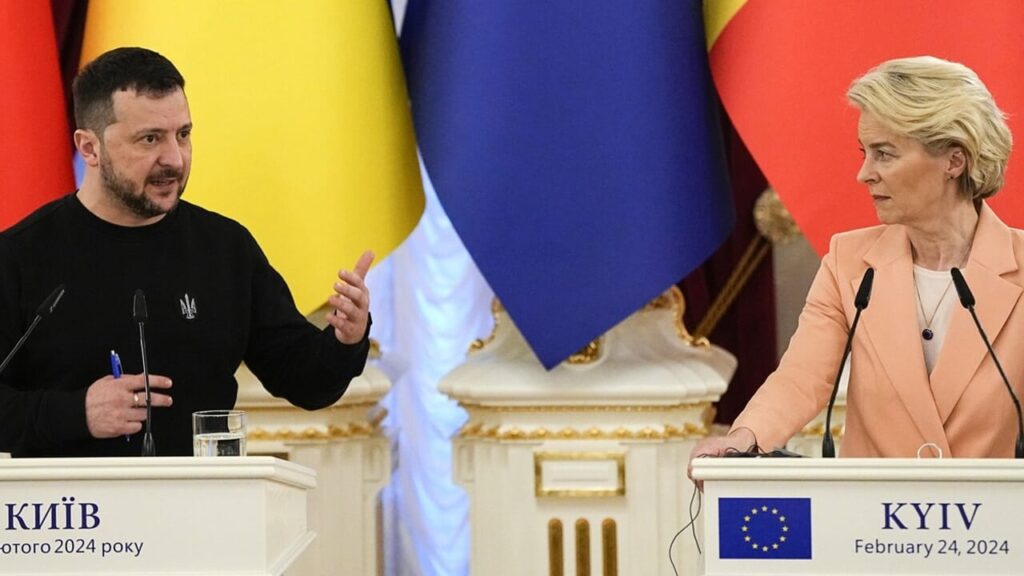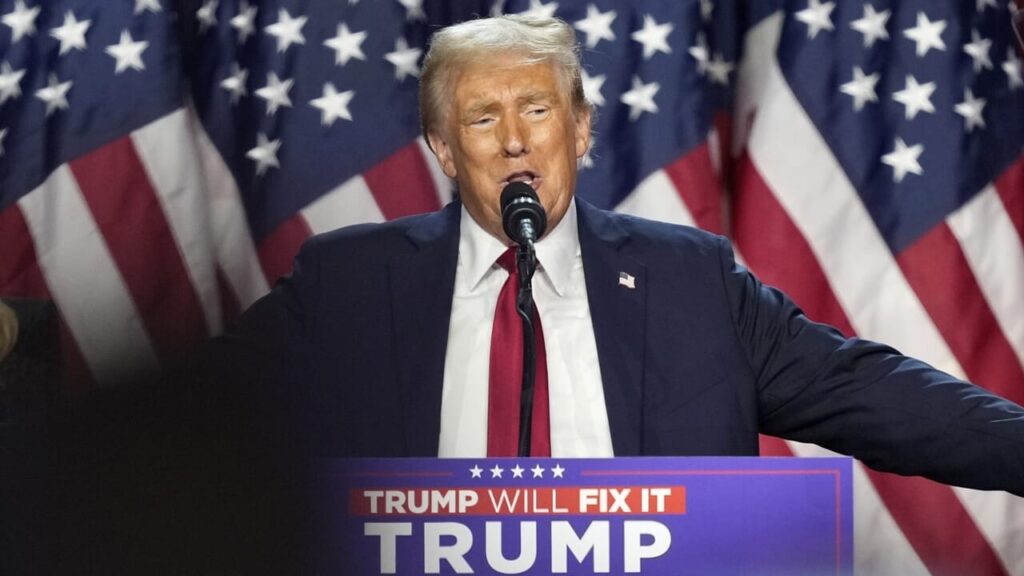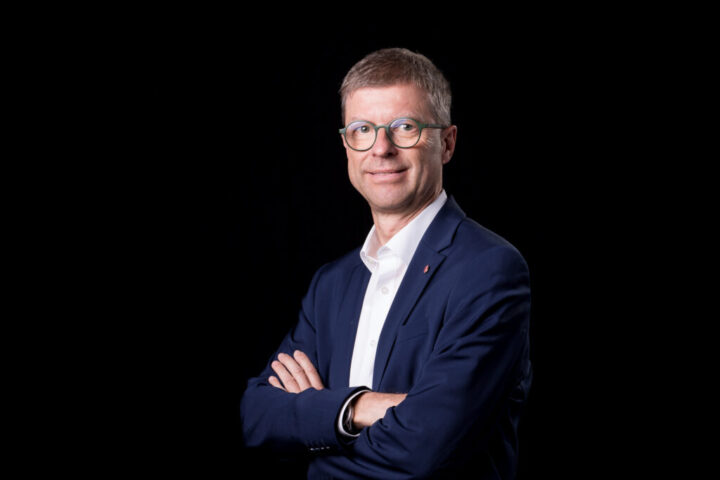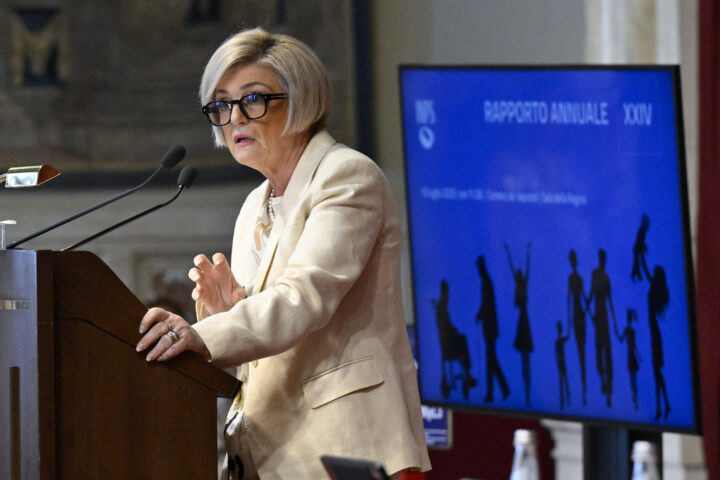The construction will be carried out by the South Korean Hyundai. Enhancing atomic energy capacity has become a top priority for Sofia’s government
The government in Sofia has begun constructing two nuclear reactors using US and Korean technology, marking a continued shift away from Russian engineering. Bulgaria has over five decades of nuclear expertise, primarily with Soviet-era technology and facilities. This new agreement represents a definitive move away from Russian influence and carries significant political implications.
As agency 20 novinite reports, Westinghouse Electric Company, Hyundai Engineering & Construction Co., and Kozloduy NPP – New Powers signed a contract in Sofia to initiate engineering services for two nuclear reactors to be built on the Bulgarian Kozloduy nuclear site. The reactors will be built using the US Westinghouse’s technology while the construction will be carried out by the South Korean Hyundai.
Bulgarian Prime Minister Dimitar Glavchev emphasized the partnership’s significance for bolstering Bulgaria’s energy sector, lauding Westinghouse and Hyundai as leaders in nuclear technology. “The Bulgarian state is fully committed to supporting this initiative, which builds on our nation’s experience and advances energy security in Europe,” he said. US Ambassador Kenneth Merten reaffirmed US support for Bulgaria’s energy diversification efforts. “The project strengthens Bulgaria’s energy security and reinforces its role as an energy hub in the region” he claimed.
“Bulgaria has always been a crossroads of exchange between East and West, and today it is establishing itself as an energy hub in Europe,” said Yoon Young-Joon of Hyundai Engineering & Construction. He also added that the Kozloduy NPP will enhance Bulgaria’s nuclear safety and decarbonisation.
The Kozloduy nuclear complex is Bulgaria’s first nuclear facility, built in 1969, and the largest in the region. It is located 180 km north of Sofia, near the Romanian border. The electricity is expected to be generated by the first of the two new reactors by 2034.
According to Hyundai, the total construction cost is about 14.5 billion of US dollars. The Bulgarian government may receive $8 billion in financing from the US export bank Exim Bank and a similar loan from South Korean institutions that finance similar expert projects, Euractiv reports. Sofia has invested nearly one billion in the project.
EU Commission must be notified and the construction of the two US reactors needs its approval.

